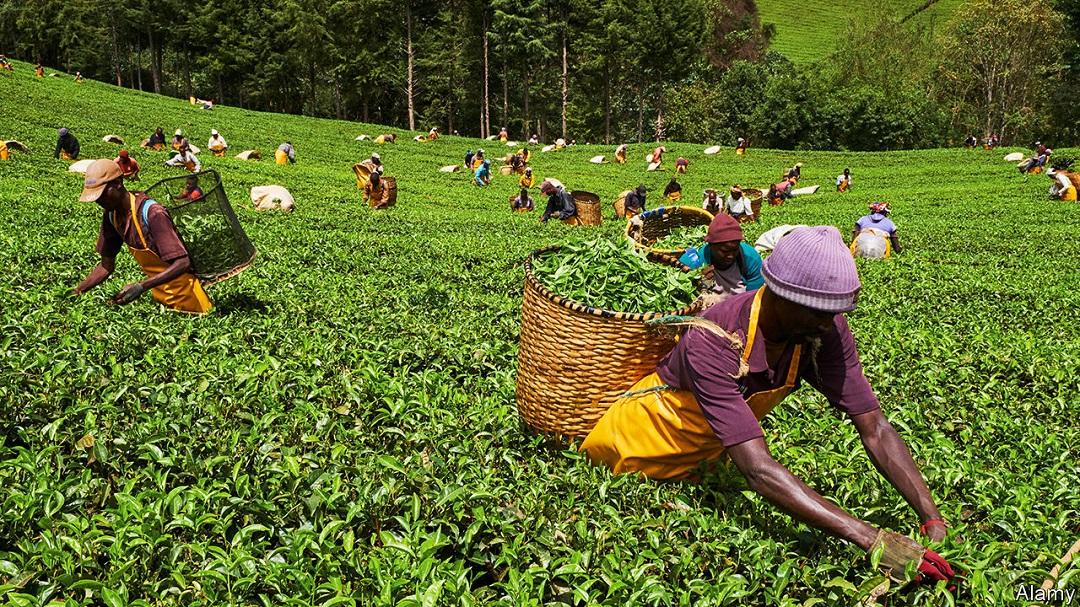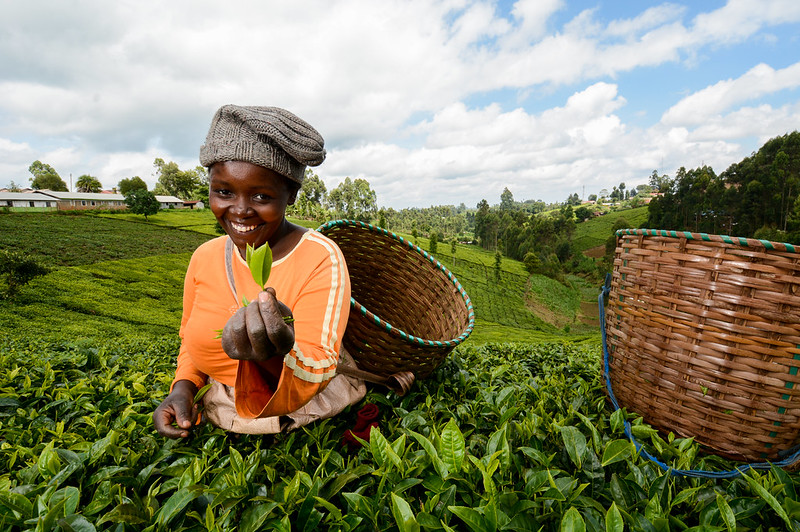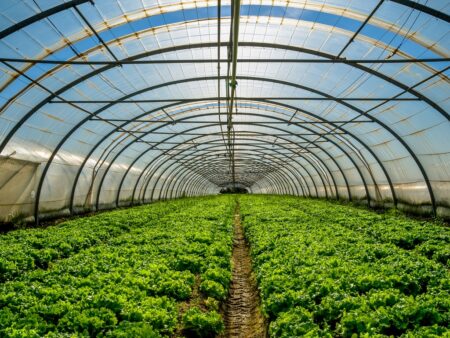- Kenya’s tea exports increase on the reopening of the Tanzanian market
- Kenya had earlier in the month unveiled the China-Kenya Tea Trade Centre in Fujian province to distribute Kenyan tea in China.
- Kenya’s export value for the first time in history hit Sh1trillion in 2023, according to the 2024 economic survey by KNBS.
The volume of Kenya’s tea exports increased by 19 per cent in the first quarter of 2024, boosted by increased shipment to key markets, according to a communication from the Tea Board of Kenya (TBK).
The exports rose to 155.8 million kilograms, up from 131.1 million kgs posted in January-March 2023, the TBK said in a report released in Nairobi. The TBK attributed the surge to rising demand in traditional and emerging markets.
In the period under review Tanzania had reversed its decision to suspend imports of tea, that presented a window for Kenyan traders to resume exports to the neighbouring country.
“Traditional markets recorded increased imports for Kenya tea. Notably, Chad emerged as a key market, recording consistent increase in exports from Kenya,” the report said.
Overall, Pakistan was the top destination for Kenyan tea, importing 50.8 million kg in the first quarter, up from 39.3 million kg recorded in the same period in 2023.

Other top buyers were Britain, Egypt, the United Arab Emirates, Russia and Saudi Arabia. Kenya’s total tea export volume rose from 450.33 million kg in 2022 to 522.92 million kg in 2023. It earned 180.57 billion shillings (about 1.4 billion U.S. dollars) in 2023 from tea, an increase from 950 million dollars the previous year.
“The top 10 export destinations, most of which are traditional markets for Kenyan tea, accounted for 83 per cent of Kenya’s tea export volume. Apart from Iran and Yemen, the other traditional markets recorded increased imports of Kenyan tea,” the Tea Board of Kenya noted.
Notably, Chad took the 11th position, having recently emerged as a key market for Kenyan tea and recording a consistent increase in exports from Kenya.
Prior to the conflict in Sudan, Chad, a landlocked country, would receive its commodity supplies, including tea, through Sudan.
However, due to the conflict blocking trade routes from Sudan, Chad is now using alternative transshipment routes such as Nigeria and Cameroon.”
Last year, imports of Kenyan tea to Sudan were lower by 22 per cent, but most other traditional and emerging markets recorded higher imports, except for Kazakhstan, Afghanistan, and the Netherlands, whose demand continues to be affected by the global economic recession caused by the Russia-Ukraine crisis.
“There were also shipments to emerging and seasonal markets such as South Sudan, Ethiopia, Kyrgyzstan, Georgia, Angola, Australia, the Central African Republic, Peru, Israel, Azerbaijan, Bahrain, Guinea, Niger, Iraq, Mexico, Italy, and Myanmar. Similar to Chad, South Sudan is also rapidly growing as an emerging market for Kenyan tea,” the tea regulator reported.
The country has in recent past intensified initiatives to grow market for its tea, setting up international buying centers to expand its tea exports and diversify its markets.

Additionally, plans are underway to create warehousing facilities for value-added tea in Ghana and the Democratic Republic of Congo.
“These are the best earnings ever recorded by the tea industry over the years,” said Willy Mutai, the TBK chief executive officer.
Read Also: Kenya Apparel Exports Targeting $1 Billion by 2025
Kenya’s Tea Exports Increase

The boost comes at a time that the country through the Kenya Export Promotion and Branding Agency has unveiled its strategic plan to grow Kenya’s exports to Sh1.5 trillion by 2028.
This will be a 10 per cent increase from the 873.1 billion that was recorded in 2022.
The agency through the implementation of the 2023/2024 – 2027/2028 strategic plan, says Kenya is set to be positioned among the top 50 global brands.
Kenya’s export value for the first time in history hit Sh1trillion in 2023, according to the 2024 economic survey by KNBS.
In the new plan the country is looking to ride on value-added tea, whose exports were valued $45.37 million (Sh5.9 billion) by 2023.
KEPROBA said that through value addition it will target $344.53 million (Sh44.9 billion) by 2028.
Key markets that Kenya is targeting in the period include China, countries within the African Continental Free Trade Area such as Ghana, Nigeria, and South Africa, as well as the Gulf Cooperation Council (GCC) nations, the UK, and the USA.
Read Also: Kenya Looking to Boost Exports to $11.5 billion by 2028.










